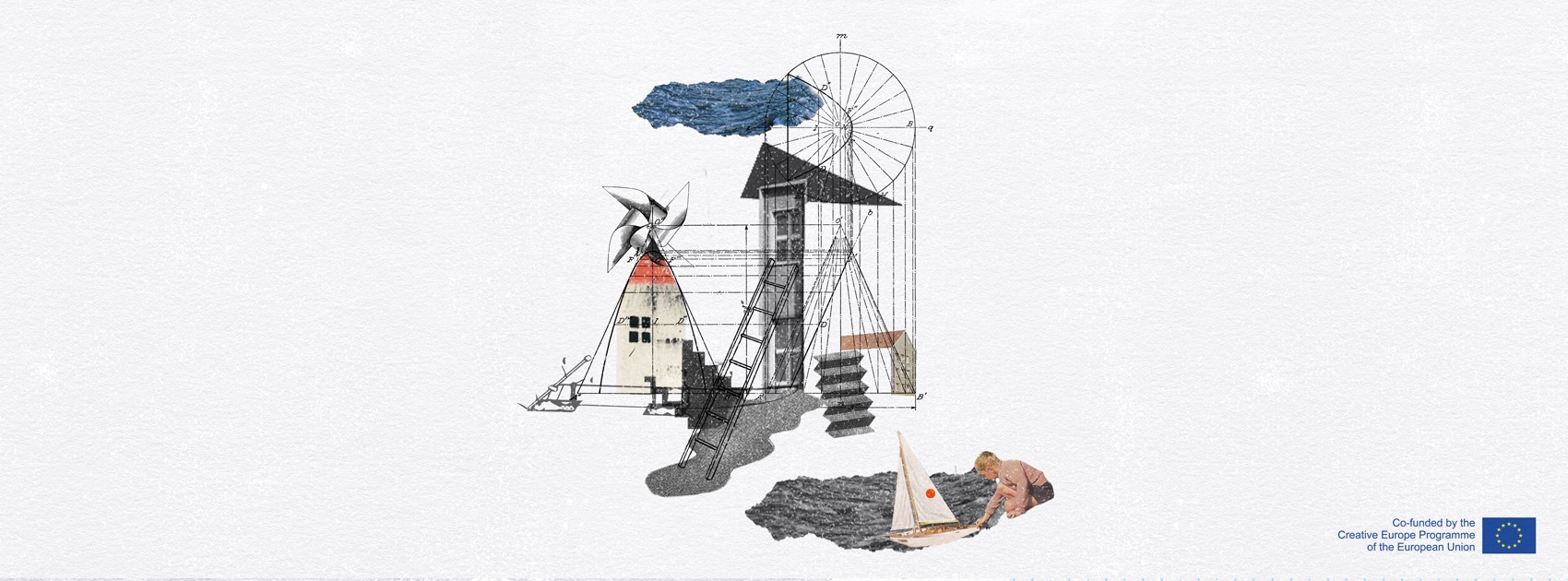
An exhibition entitled ‘The Cultural Life of Russian Emigrants in Dubrovnik and the Legacy of Ballerina Olga Solovyova’ opens at Villa Čingrija (Pera Čingrije 1) on Saturday, 16 November at 13:00 as part of the project ‘Port of Dreamers’, co-funded by the ‘Creative Europe’ programme of the European Union, while the lecture by Drago Župarić-Iljić ‘The Challenges of Admission and Integration of Foreigners in European and Domestic Context’ will be held at the Festival Palace (Od Sigurate 1) at 19:30 the same day. Entry to both events is free.
The curator of the exhibition about Russian immigrants in Dubrovnik in the period following the October Revolution and the Russian Civil War is Ana Marinković in collaboration with the author of the art installation Luko Piplica. Focusing on cultural activities of a group of Russian refugees who found temporary or permanent refuge in the Eastern Adriatic during the 1920s, the exhibition explores local response to the arrival of the immigrants and their self-organising and production of cultural events in the interwar period and after the Second World War. The establishment and activity of ‘the Russian theatre’ in the subsequently demolished building next to the Revelin Fort is especially intriguing; ballerina Olga Mikhailovna Solovyova played a prominent role in these early activities and her presence in theatrical life of Dubrovnik and its Summer Festival, as well as her activities as a dance pedagogue, became legendary. In addition to the reproductions of original photographs, portraits and printed material, the exhibition also includes the last living memories of Olga Solovyova collected from her contemporaries in video format, thus emphasizing the unusual and dynamic Dubrovnik career of this immigrant. Placing the exhibition in a secluded, presently abandoned neo-Oriental style villa in Boninovo, previously owned by former mayors of Dubrovnik Pero and Melko Čingrija, is an attempt to reflect the turbulent life of Russian emigrants defined by European political turmoil. The site-specific work of visual artist Luko Piplica, ‘The New Room’, created specifically for this exhibition, will be interpreted in the same manner. The exhibition was created in collaboration with Petra Jelača, Tijana Gojić, Ivan Viđen, Helena Puhara, Mihajlo Putica and Nikola Kapidžić and it will be open until 23 November, every day from 10:00 to 15:00.
On the same day, Saturday, 16 November at 19:30, Drago Župarić-Iljić will give a lecture entitled ‘The Challenges of Admission and Integration of Foreigners in European and Domestic Context’ at the Festival Palace (Od Sigurate 1). In the light of media representation of the so-called ‘refugee crisis’ it is easy to overlook the fact that the European territory is defined by migration and mobility of millions of workers, their families, students and others every year. At the same time, the free movement of others, especially people coming from outside European continent, is often impeded not only by physical, but also administrative and symbolic borders of inclusion/exclusion of the ‘desirable’ as opposed to ‘undesirable’ migrant population. This lecture addresses legal-political, socioeconomic and cultural identity-related dimensions of arrival and admission of foreigners at the European Union level, with special analytical focus on the theme of integration of migrants and refugees in Croatian society. Drago Župarić-Iljić is Assistant Professor at the Department of Sociology of the Faculty of Humanities and Social Sciences, University of Zagreb, where he teaches courses on migrations, ethnic relations and social demography. He is the author or co-author of around thirty research papers in the field of migration, refugeeship, integration, ethnicity, citizenship and environment research.
‘Port of Dreamers’ is a two-year cultural-artistic project co-funded by the EU programme ‘Creative Europe – Culture Sub-programme’ and supported by the Croatian Ministry of Culture. The project, with the theme of history of migrations on the European continent, is carried out by the Dubrovnik Summer Festival and its partners, the Slovene National Theatre of Maribor and the civil society organisation Kulturanova from Novi Sad, Serbia.

